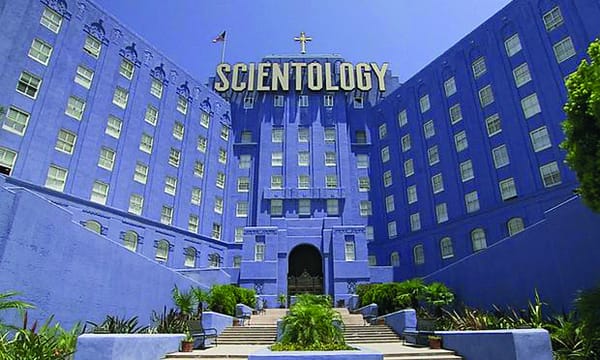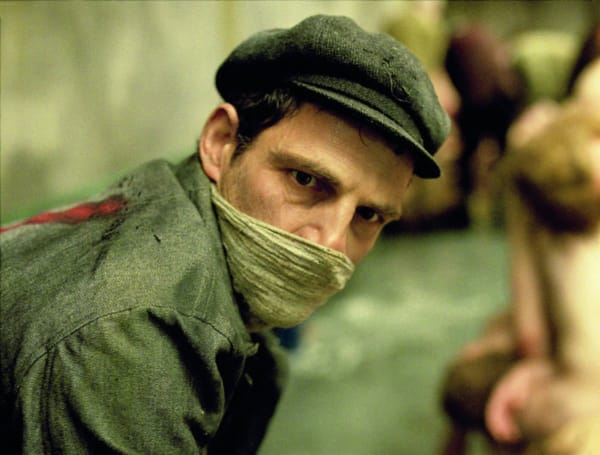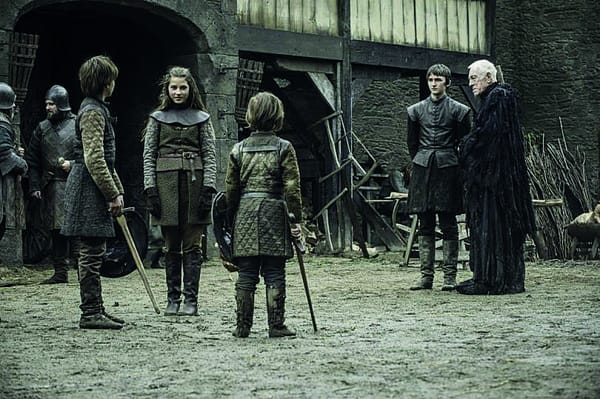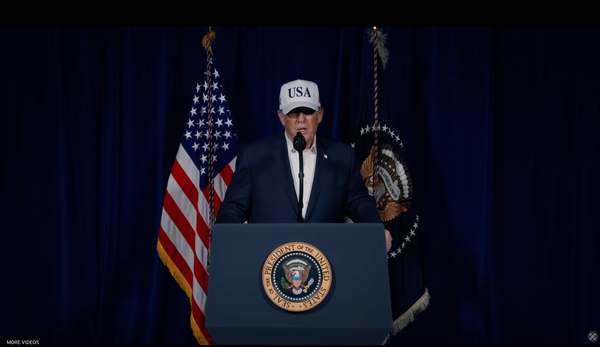Captain America: Civil War
The FELIX review
The struggle between good and evil – between superheroes and supervillains – has remained at the centre of the Marvel Cinematic Universe (and blockbusters in general) since its inception in 2008’s Iron Man. Without exception, the antagonists of the eleven following Marvel films have always represented the worst of humanity (or super-humanity), and the protagonists, while often troubled, are always redeemable. In this marketing-driven universe there is rarely space for moral ambiguity. The third film in the Captain America trilogy, Captain America: Civil War, escapes this mold by pitting hero against hero in a ‘war’ over the controversial Sokovia Accords which hope to establish an international body to govern and monitor superhuman activity.
The online marketing leading up the release of the film asked fans to decide whether they supported #TeamCap or #TeamIronMan, while posters had the two leaders posed against each other, with their supporters in the background. But unlike the marketing campaign, the conflict the film presents is far more complex: in 147 minutes of superhero action and confrontation, directors Anthony and Joe Russo repeatedly challenge their audience’s understanding of vigilantism and the unintended destruction that invariably follows, presenting us with flashbacks to the Avengers’ careless destruction in previous films. Like its comic source material, Civil War is an allegory for military intervention and war, and the worrying lack of oversight that often leads to death. Captain America (Chris Evans) is a character that has witnessed first-hand the evil of the Nazis and Hydra, whereas Iron Man (Robert Downey Jr.) has seen how Western intervention and his own weapons sales can support and create terror. It is these two opposing experiences and views that go head to head in Civil War, verbally as well as physically, through a number of key character conversations. Viewers who have watched from the beginning of the series, and those that have any understanding of history, are likely to enter the theatre with a range of opinions – but ultimately Civil War never validates or invalidates any of these. It’s final message is ambiguous.
The film’s best trait is possibly the success with which it juggles its massive ensemble cast (the cumulative result of a dozen films). Veteran Avengers are given the majority of the screen time, although newcomers Black Panther (Chadwick Boseman) and Spider-Man (Tom Holland) are given fairly lengthy introductions, and both offer a refreshing variety to the cast that goes beyond mere marketing tools for future films (Marvel’s Black Panther is set to be released in 2018 and Spider-Man: Homecoming in 2017). But with such a large cast there is rarely time for character development, and we are never given an insight into how years of fighting and unintended civilian casualties have affected the emotional state of the team – other than a few tears, Captain America and his crew seem largely unaffected. The film does have the advantage of developing its characters over the many adventures that have preceded it and Civil War is very much the culmination of these storylines, but without the context of previous films some parts of Civil War are confusing, often nothing more than fan-service.
Many critics noted the excellent action scenes of the last Captain America and they return on a larger and more ambitious scale. Each punch and kick of close combat is delivered with crunching realism. The larger battles, including one that lasts over 20 minutes, use a mixture of fantastical special effects and witty one-liners to deliver some of the best action audiences will have ever seen in a comic book film. However, the large cast can cause confusion; it’s often hard to discern who is on what side in the frenzy of battle.
While easily forgiven, the film’s soundtrack is largely forgettable compared to other recent superhero films like Deadpool or any of DC’s output, and similarly the cinematography is never more than serviceable. You would hope that a film with such a large budget and audience might attract someone with more interesting talent. While I would argue that comic books, and by extension comic book movies, have never been about the scenery in which they place their characters, but that doesn’t forgive the lack of effort. Artists pour most of their time into designing lavish, eye-catching costumes, and the outfits of Civil War are suitably refined, with new members of the ensemble given a large amount of focus. These costumes are often as much a part of the film as the actors themselves, and the new set of heroes on offer will create new fans and ample opportunity for merchandise and product placement in the future.
In Civil War, the vastness of the comic book canon is exploited to full effect, with the best comic book moments from decades of source material composed together in a truly unforgettable blockbuster. It reflects the richness of the comic book medium: the endless reinvention, massive crossovers, and ever-increasing spectacle. Captain America: Civil War rewards fans for their dedication, offering the best Marvel film to date.







